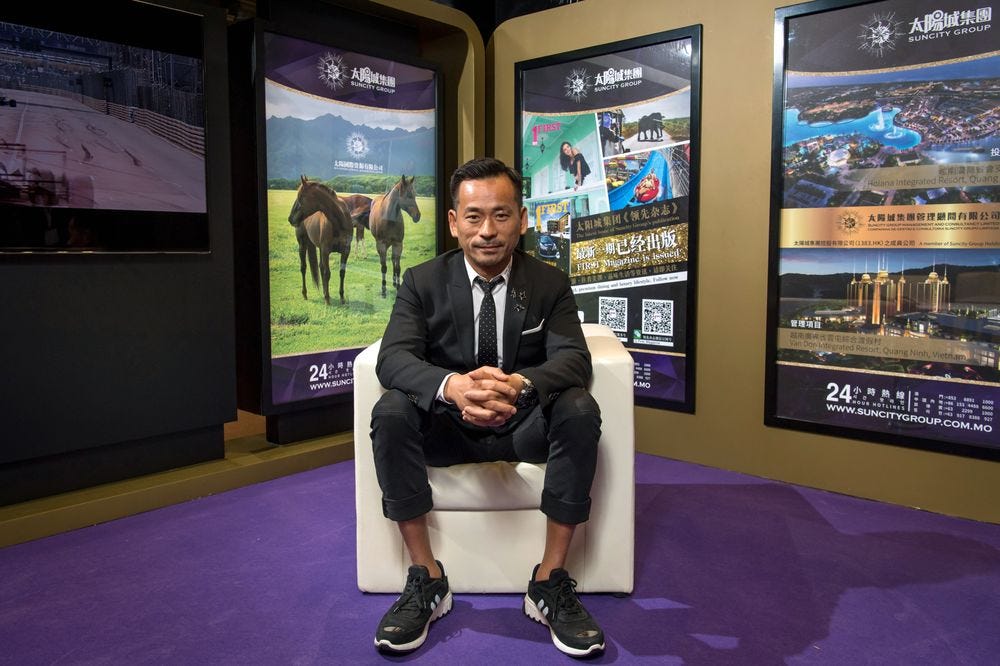Macau Casino Junkets - I Fought the Law and the Law Won
Suncity casino junket leaders sentenced to long imprisonment
The scale of criminality of Macau casino junkets has been clearly shown in the criminal prosecutions against the leaders of the Suncity casino junket in Macau court, where this week 13 people have been found guilty of multiple charges and given long prison sentences.
Alvin Chau, former CEO of Suncity, was found guilty of a leadership role in a criminal o…



